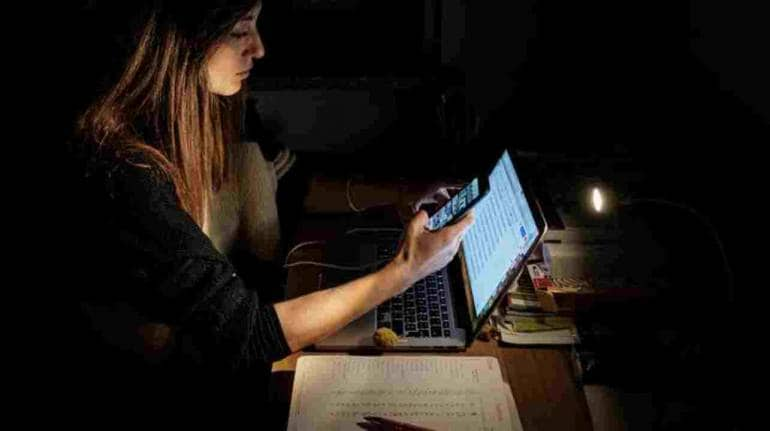



The demand and supply shocks due to the COVID-19 pandemic reverberating through the world need unusual counter-measures from businesses.
And a greater proportion of their workforce working remotely is an attractive option for CFOs, found a recent survey by the research and advisory group, Gartner.
The survey of "317 CFOs and finance leaders on March 30, 2020 revealed that 74% of them will move at least 5% of their previously on-site workforce to permanently remote positions post-COVID 19," it found.
Click to follow the latest on Coronavirus in our dedicated LIVE blog
In a more revealing data point, the survey found that nearly a quarter of respondents said they will move at least 20% of their on-site employees to permanent remote positions.
“This data is an example of the lasting impact the current coronavirus crisis will have on the way companies do business,” said Alexander Bant, Global Head of CFO Advisory and Benchmarking at Gartner.
This ties in with what PK Ghose, former Tata Chemicals CFO wrote in his column on Moneycontrol a short while ago, "the world’s largest businesses have already started to embrace the shift to remote working - work from home."
Also Read: Life after coronavirus pandemic: How to navigate the next world order
As the unprecedented lockdowns of most of the economic hubs of the world go on for weeks, CFOs have very closely been looking at measures to cut costs without hurting the ability to bounce back when better times return.
“CFOs, already under pressure to tightly manage costs, clearly sense an opportunity to realise the cost benefits of a remote workforce," Bant added.
Sanjeev Jha, CFO at staffing solutions company Kelly Services, also counted remote work at least for incremental hires and new projects as a way to deal with the coronavirus-related impact on businesses.
He recommends, "Try and reduce office space cost by allowing few people/functions to work from home even after the lockdown, wherever there were facility expansion plans in progress."
Also Read: Business plans need re-boot amid coronavirus pandemic
Some of the other observations from Gartner regarding CFO priorities in the post COVID-19 world include:
* Additional 12% are planning to do so (i.e. cut tech spends on site)
* 13% of those surveyed have cut real estate costs
* Another 9% are planning to cut spends on commercial real estate in the coming months
Separately, in other conversations, CFOs had previously shared with the firm that they were taking additional steps to help minimise disruptions workers might be facing by adjusting to more flexible work schedules and providing company-issued equipment.
However, Gartner, finds that in their own den, 90% of finance leaders expect minimal disruptions to their accounting close process, with almost all activities able to be executed off-site.
Follow all our coverage on Coronavirus here.
Discover the latest Business News, Sensex, and Nifty updates. Obtain Personal Finance insights, tax queries, and expert opinions on Moneycontrol or download the Moneycontrol App to stay updated!
Find the best of Al News in one place, specially curated for you every weekend.
Stay on top of the latest tech trends and biggest startup news.